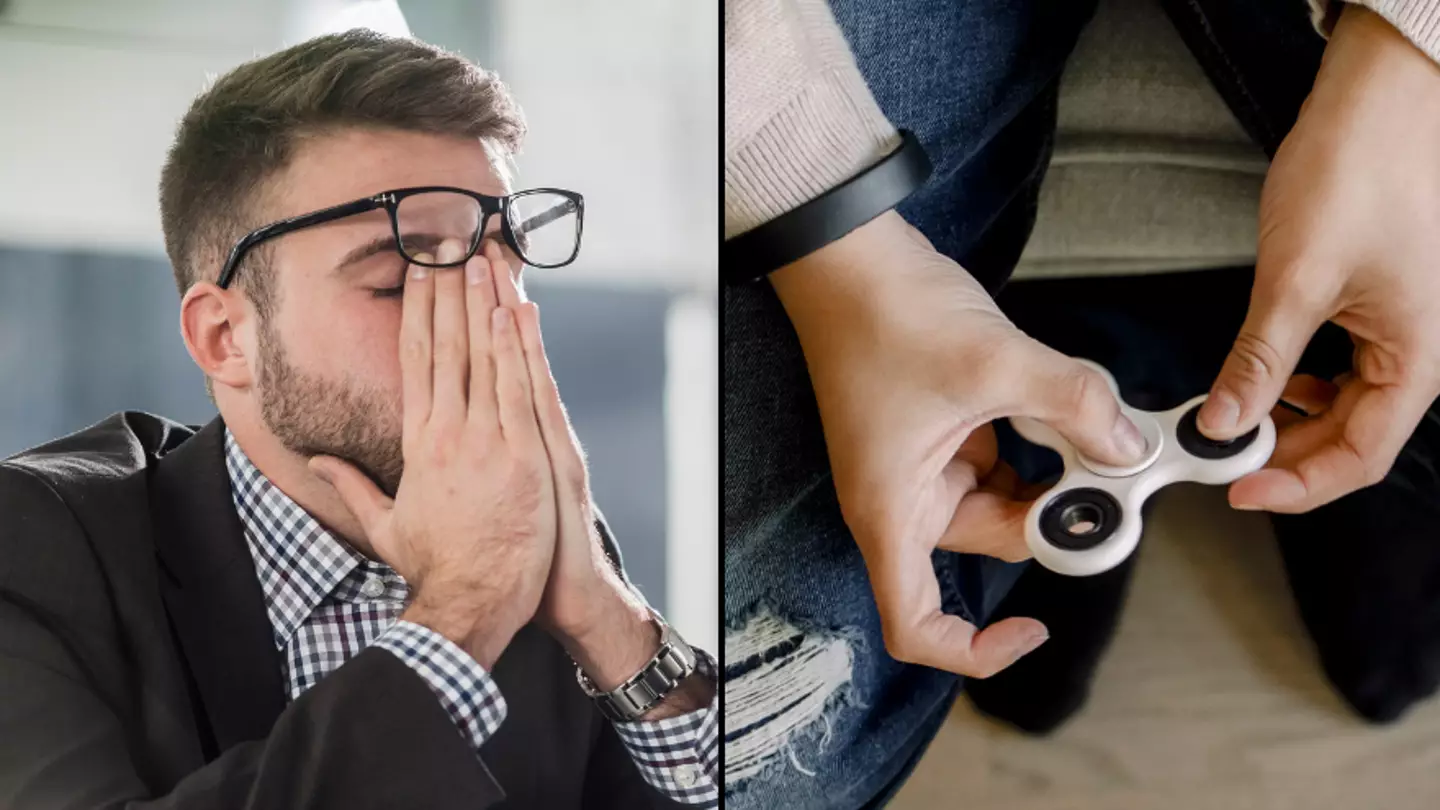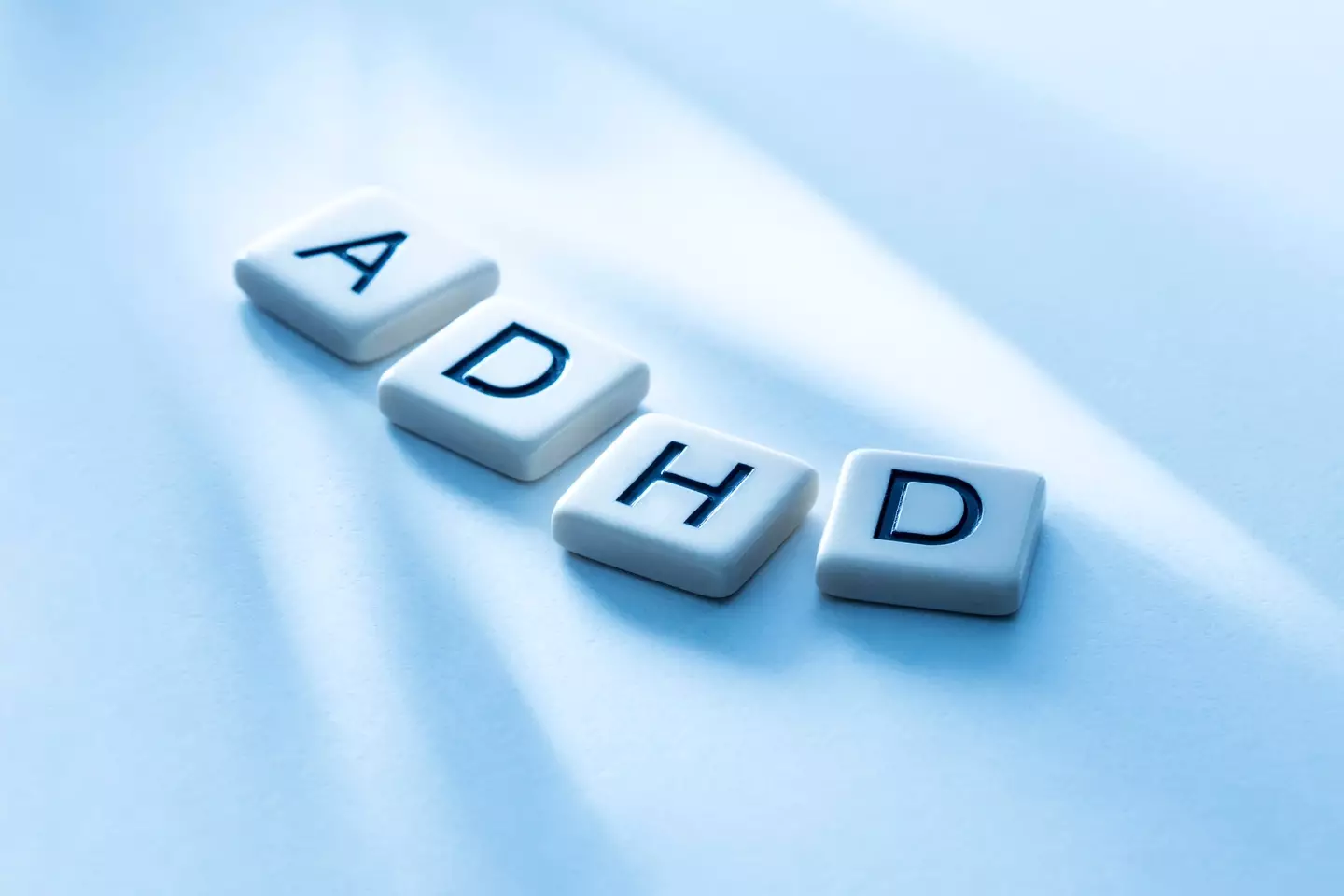
Ever wondered what it really means to have ADHD? You’re not alone.
With stats from ADHD UK suggesting 2.6 million people in the UK are living with the condition, it's no wonder people are curious.
Social media and TV are buzzing with conversations about ADHD (attention deficit hyperactivity disorder) traits, and many are discovering they might have it later in life.
If you think you might be living with adult ADHD, don't hesitate to reach out to a doctor or a therapist.
Advert
An expert at BBC Science Focus has delved into the topic to explain what it means to live with adult ADHD, answering the six biggest questions people have about the condition, from what causes it to how it affects daily life.
Here's what they found out.

What causes ADHD?
Experts are still scratching their heads over what really causes ADHD. It isn’t a one-size-fits-all condition and can look different from person to person, making it tough to pin down a single cause.
Advert
Research has pointed out some interesting changes in the brains of people with ADHD, particularly in areas linked to focus and self-control; this could shed light on classic ADHD signs like impulsivity and procrastination.
Genetics also play a big role, with some experts claiming you're just as likely to inherit ADHD from your folks as you are their height or intelligence.
Is ADHD only in children?
ADHD is often seen as a kids-only issue, thanks to the visible hyperactivity that’s more obvious in children, but as people with it grow up, that hyperactivity tends to fade, making it tougher to spot.
In adults, ADHD often shows up alongside mental health problems like depression and anxiety, which doctors tend to notice more easily. This can lead to a lot of misdiagnoses, with many not getting their ADHD diagnosis until they’re much older.
Advert
Reality TV star Sam Thompson, for instance, didn’t find out he had ADHD until he was 30 and admitted he finds the whole thing pretty 'terrifying'.

Is ADHD only in men?
The classic ADHD stereotype is all about chaotic young boys. Boys tend to get diagnosed more often because their symptoms are linked to disruptive and hyperactive behaviour.
However, as awareness ramps up, it's becoming easier to recognise ADHD in women. Research shows that girls with ADHD often struggle with inattentiveness and focus, making them less disruptive overall.
Advert
Because of this, girls with ADHD can be overlooked and misdiagnosed well into adulthood, but scientists are saying the notion that ADHD is 'not for girls' is seriously outdated.
Is ADHD just a 'trend' right now?
It might look like ADHD has suddenly exploded onto the scene, but it’s no fad. Experts have traced ADHD symptoms all the way back to 1798.
While the term itself is relatively new, ADHD didn’t just pop up overnight, social media has just made it easier for people to recognise its signs, encouraging many to seek diagnoses.
Even celebrities are shining a light on ADHD; Game of Thrones star Kit Harrington and Singer Lily Allen have both shared their experiences to help spread awareness of the condition.
Advert

Can ADHD be a positive thing?
While not everyone is on board, some folks argue that ADHD shouldn't be classified as a disorder at all and is instead a 'superpower'.
Studies even hint that people with ADHD might have been better foragers, pointing to some evolutionary perks.
But let’s be real, while there are situations where ADHD can be a plus, it doesn’t change the fact that it comes with some pretty significant challenges in day-to-day life.
Should you feel bad about taking ADHD medication?
Thankfully, ADHD can be managed with medication and therapy, but there’s still a stigma around these treatments that can make people feel guilt or shame for using them.
ADHD meds like Adderall and Ritalin often get a bad rap for being 'harmful stimulants', but experts say there is plenty of evidence showing these medications are safe and effective for managing symptoms, so don’t let the stigma stop you from seeking help.
Nick Pettigrew, a best-selling author with ADHD, told BBC Science Focus: "[When it comes to] ADHD medication, it’s as if my whole life I’ve had a broken leg that will never heal.
"My diagnosis and tablets is like being given crutches for the first time. I still have a broken leg, that’s not going away, but moving through the world is now a bit easier.”
For further information about the condition, visit the NHS website here.
Topics: Health, Science, ADHD, Mental Health, Education
